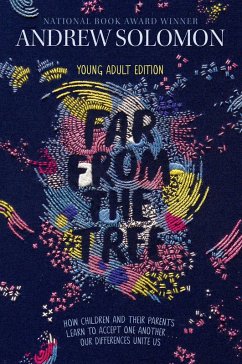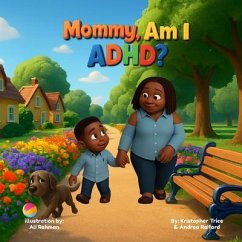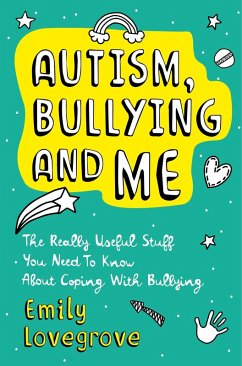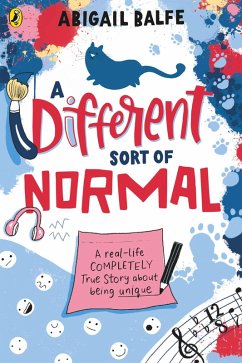
Why Do You Do That? (eBook, ePUB)
A Book about Tourette Syndrome for Children and Young People
Versandkostenfrei!
Sofort per Download lieferbar
11,95 €
inkl. MwSt.
Weitere Ausgaben:

PAYBACK Punkte
6 °P sammeln!
Written specifically for siblings of children with Tourette Syndrome (TS), Why Do You Do That? is an age-appropriate source of information for children and adolescents aged 8 to 16.Uttom Chowdhury and Mary Robertson describe tics and Tourette's in clear, child-friendly terms and provide a simple explanation of the biological causes. Other chapters focus on living with someone who has TS, associated features such as obsessive-compulsive disorder, attention deficit/hyperactivity disorder and aggression, and what siblings can do to help. The authors also offer practical tips on how to deal with i...
Written specifically for siblings of children with Tourette Syndrome (TS), Why Do You Do That? is an age-appropriate source of information for children and adolescents aged 8 to 16.
Uttom Chowdhury and Mary Robertson describe tics and Tourette's in clear, child-friendly terms and provide a simple explanation of the biological causes. Other chapters focus on living with someone who has TS, associated features such as obsessive-compulsive disorder, attention deficit/hyperactivity disorder and aggression, and what siblings can do to help. The authors also offer practical tips on how to deal with issues such as problems at school and bullying.
This book will prove invaluable for brothers and sisters of children with TS, as well as parents and other family members.
Uttom Chowdhury and Mary Robertson describe tics and Tourette's in clear, child-friendly terms and provide a simple explanation of the biological causes. Other chapters focus on living with someone who has TS, associated features such as obsessive-compulsive disorder, attention deficit/hyperactivity disorder and aggression, and what siblings can do to help. The authors also offer practical tips on how to deal with issues such as problems at school and bullying.
This book will prove invaluable for brothers and sisters of children with TS, as well as parents and other family members.
Dieser Download kann aus rechtlichen Gründen nur mit Rechnungsadresse in A, D ausgeliefert werden.













